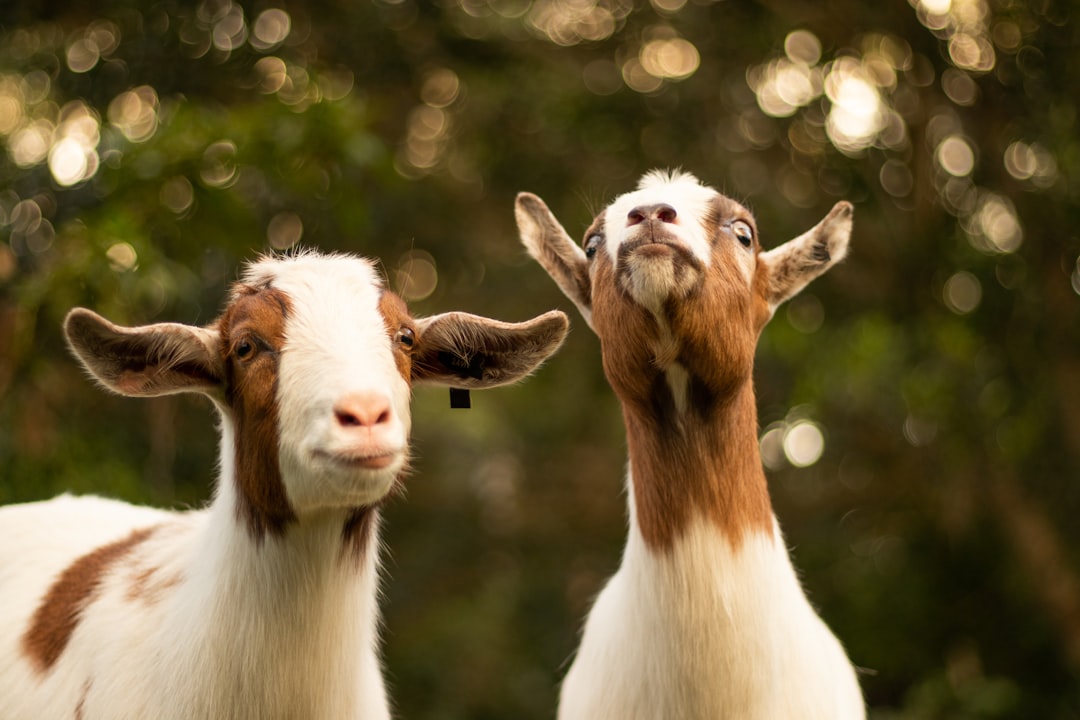Biotechnology has revolutionized animal husbandry, offering innovative solutions for genetic improvement and disease resistance in livestock. As the global demand for animal products continues to rise, the application of biotechnological tools is becoming increasingly important for enhancing productivity and ensuring animal health. However, these advancements also raise ethical considerations that must be addressed. This blog post explores the benefits of biotechnology in animal husbandry, focusing on genetic improvement and disease resistance, while also discussing the associated ethical implications.
Benefits of Biotechnology in Animal Husbandry
-
Genetic Improvement
Biotechnology allows for precise genetic modifications that can enhance desirable traits in livestock. Techniques such as gene editing (e.g., CRISPR-Cas9) enable scientists to target specific genes responsible for growth rates, milk production, and disease resistance. For example, researchers are developing dairy cows that are naturally hornless, reducing the need for painful horn removal procedures and improving animal welfare. -
Disease Resistance
One of the most significant advantages of biotechnology is its potential to improve disease resistance in animals. By identifying and modifying genes associated with susceptibility to diseases, farmers can breed animals that are healthier and more resilient. For instance, transgenic pigs have been developed to resist certain viral infections, which can lead to reduced mortality rates and lower reliance on antibiotics. -
Improved Productivity
The application of biotechnology can lead to increased productivity in livestock farming. Enhanced breeding techniques can result in animals that grow faster, produce more milk, or yield higher-quality meat. This increased efficiency is crucial for meeting the growing global demand for animal products without expanding land use or increasing greenhouse gas emissions.
Ethical Considerations
While the benefits of biotechnology in animal husbandry are substantial, they come with ethical considerations that must be carefully evaluated:
-
Animal Welfare
The welfare of genetically modified animals is a primary concern. Genetic engineering processes can sometimes lead to unintended consequences, such as health issues or suffering due to invasive procedures required during development. It is essential to adhere to ethical guidelines that prioritize the well-being of animals involved in biotechnological research and applications. -
Public Perception and Acceptance
Public concerns regarding genetically modified organisms (GMOs) often stem from fears about safety, environmental impact, and ethical treatment of animals. Transparency in research processes and clear communication about the benefits and risks associated with biotechnology are crucial for gaining public trust. -
Regulatory Frameworks
The rapid advancement of biotechnological tools necessitates robust regulatory frameworks to ensure safety and ethical standards are met. Policymakers must balance innovation with public health and environmental protection while addressing ethical concerns related to genetic modification.
Conclusion
The use of biotechnology in animal husbandry presents significant opportunities for genetic improvement and disease resistance, ultimately enhancing productivity and sustainability in livestock farming. However, it is essential to navigate the ethical considerations associated with these advancements carefully. By prioritizing animal welfare, fostering public acceptance, and establishing effective regulatory frameworks, the industry can harness the benefits of biotechnology while addressing societal concerns.
Future Directions
As biotechnology continues to evolve, ongoing research will be vital for developing new applications that enhance animal health and productivity while ensuring ethical practices are upheld. Collaboration among scientists, farmers, policymakers, and the public will be essential for shaping a future where biotechnology contributes positively to animal husbandry and global food security. By embracing innovation responsibly, we can create a sustainable agricultural system that benefits both animals and humans alike.
Citations:
- https://www.nifa.usda.gov/grants/programs/biotechnology-programs/animal-biotechnology
- https://adsujsr.adsu.edu.ng/wp-content/uploads/2019/09/19.-Application-of-Biotechnology-in-Animal-Genetics-and-Breeding.pdf
- https://pmc.ncbi.nlm.nih.gov/articles/PMC3078015/
- https://www.njap.org.ng/index.php/njap/article/download/4371/3197/7065
- https://irispublishers.com/abeb/fulltext/genetic-engineering-and-its-application-in-animal-breeding.ID.000595.php
- https://cast-science.org/wp-content/uploads/2018/12/CAST-Ethical-Perspectives-Issue-Paper-46169.pdf
- https://www.ncbi.nlm.nih.gov/books/NBK207576/
- https://nebraskacorn.gov/cornstalk/animals/improving-animals-through-genetic-innovation/
- https://pmc.ncbi.nlm.nih.gov/articles/PMC9710398/

Comments
No comments yet. Be the first to comment!
You must be logged in to comment. Login